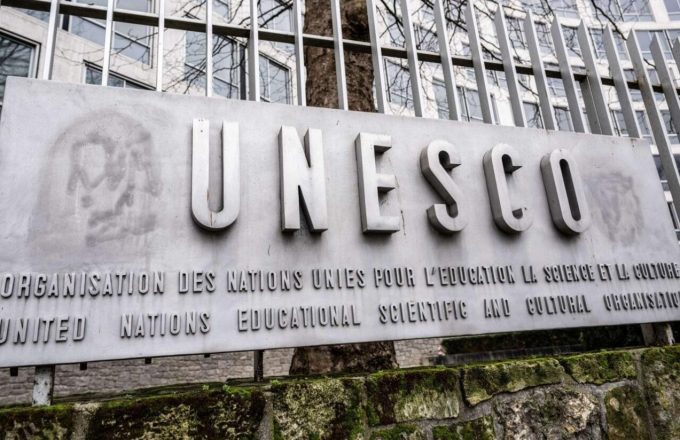The government of President Gustavo Petro warned on Tuesday that if the Senate does not promptly decide on the feasibility of holding a popular referendum on labor and healthcare reforms, it will move forward with the measure by presidential decree—disregarding the rejection already expressed by Congress.
“The government is confident that if the Senate does not make a decision by June 1, it will call the popular referendum so that the people can decide on the 12 questions related to labor reform,” said Interior Minister Armando Benedetti during a press conference.
The referendum proposal was submitted by President Petro on May 1 and includes a dozen questions focused on changes to the labor system, such as reducing daytime working hours and guaranteeing full payment for Sunday shifts. However, the Senate rejected the request on May 14 in a vote the government labeled as fraudulent.
Despite the setback, the administration submitted a new request to Congress. Benedetti argues that the Senate did not properly rule on the first petition due to an alleged procedural flaw in the voting process. According to the minister, the full text of the proposal was not read before the vote, which he claims renders the process invalid. “I am right to say that the Senate has not made a formal decision, and if it doesn’t, the president can call the popular referendum,” he asserted.
Colombian law mandates that the Senate must respond within a month of a referendum request being filed. If it fails to do so, the government is authorized to issue a decree to call the vote and set a nationwide election date within the following three months.
The minister’s statement was swiftly rejected by Senate President Efraín Cepeda, who denounced it as “an absolutely illegal act that undermines the rule of law and the separation of powers.” Cepeda reaffirmed that the Senate had already voted to reject the initial request. “If the national government has concerns about legality, it must take the matter to the judiciary,” he added in a statement to the press.
Meanwhile, Congress continues to debate the government’s proposed labor reform, which has been revised in key areas such as working hours and employment contracts. Although the bill had previously been shelved, it was revived on May 14 after an appeal and is currently undergoing legislative review.
Amid the political standoff, labor unions have called for a 48-hour national strike starting Wednesday in support of the proposed referendum and in protest against the amendments made by lawmakers to the government-backed labor reform.




















